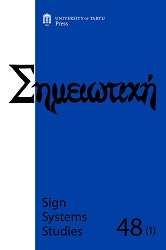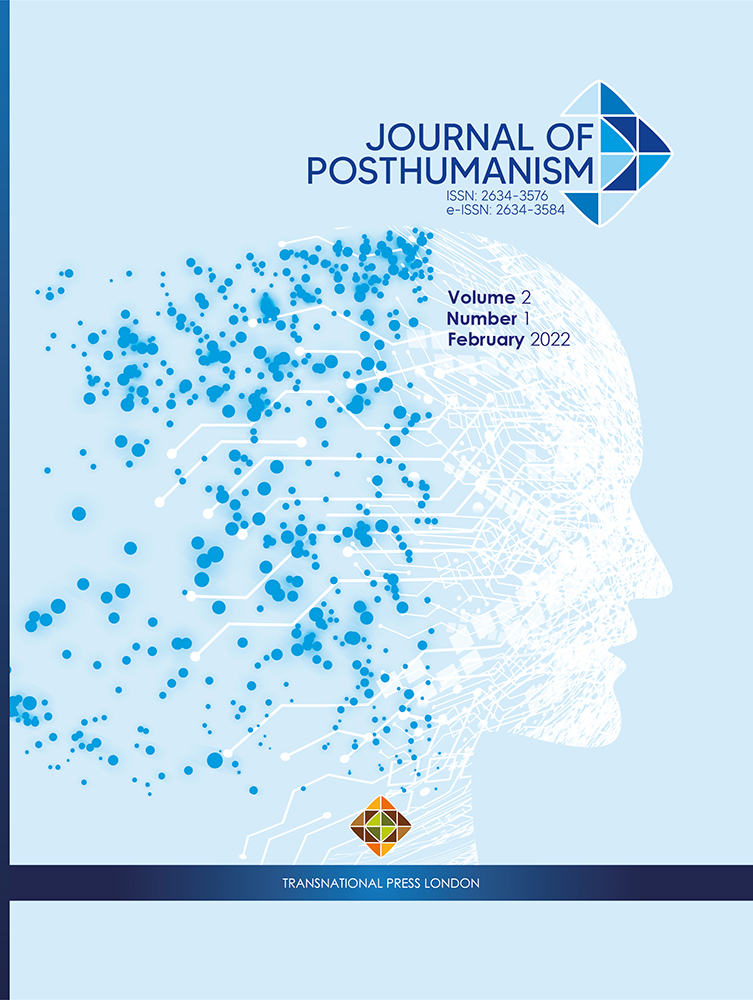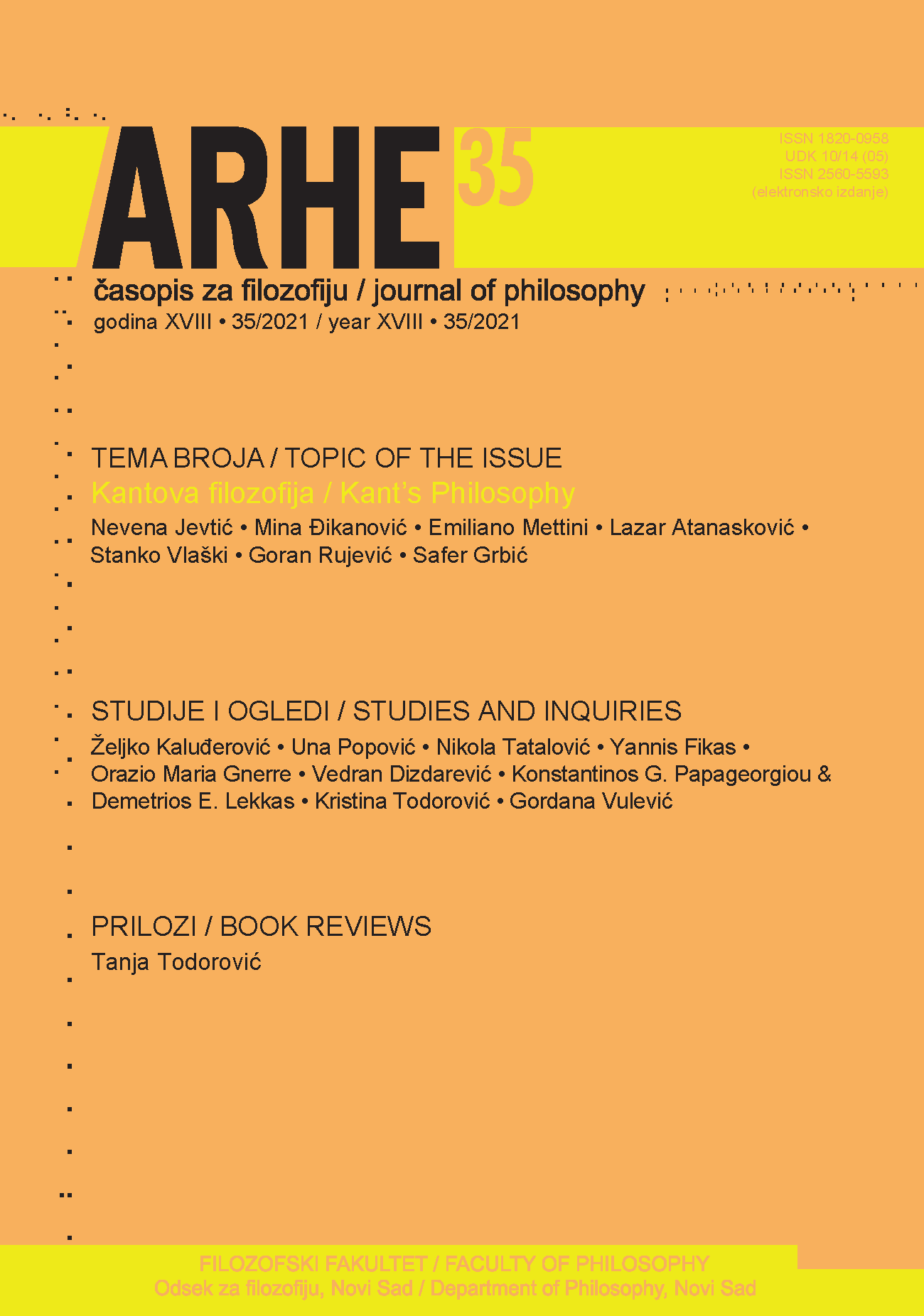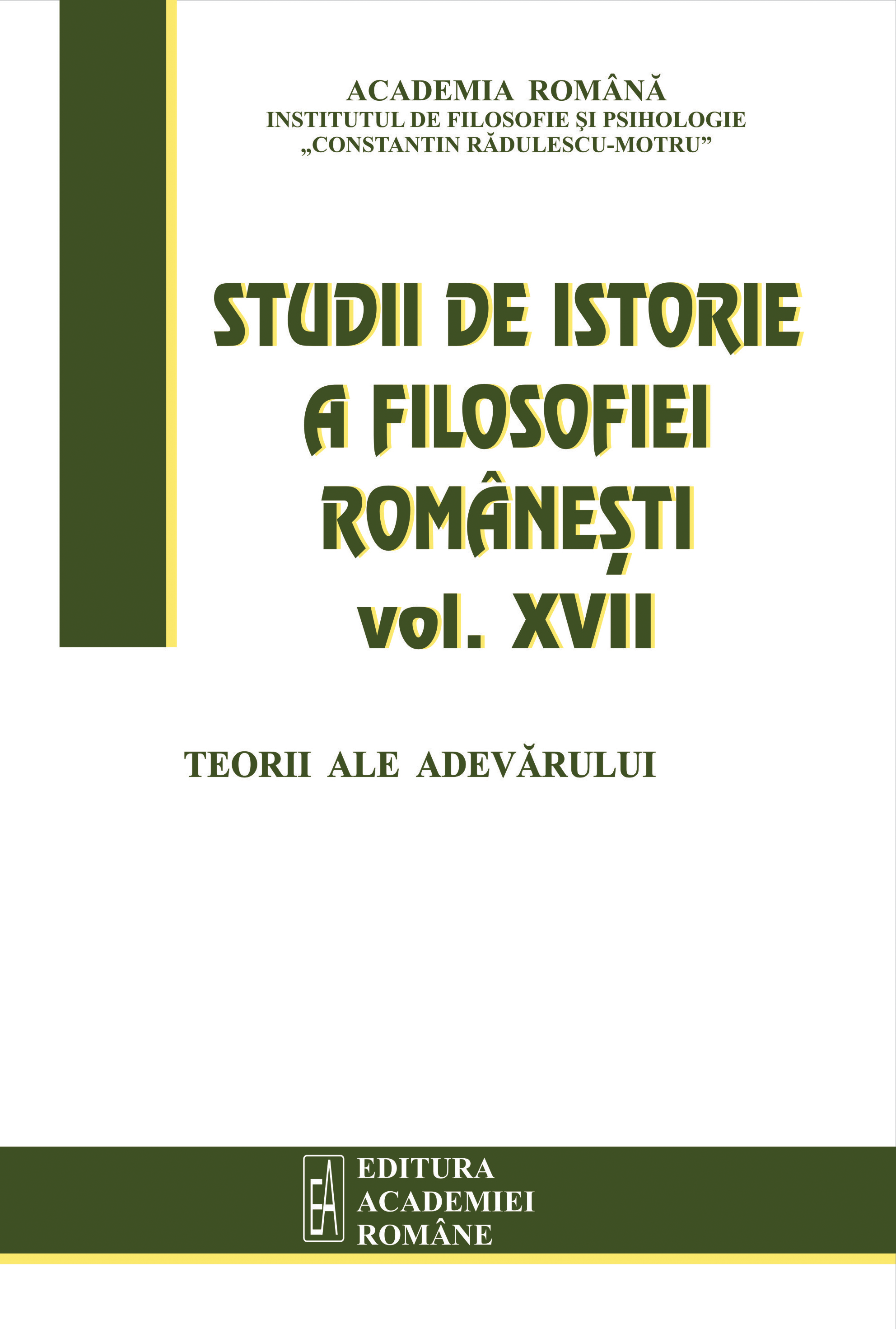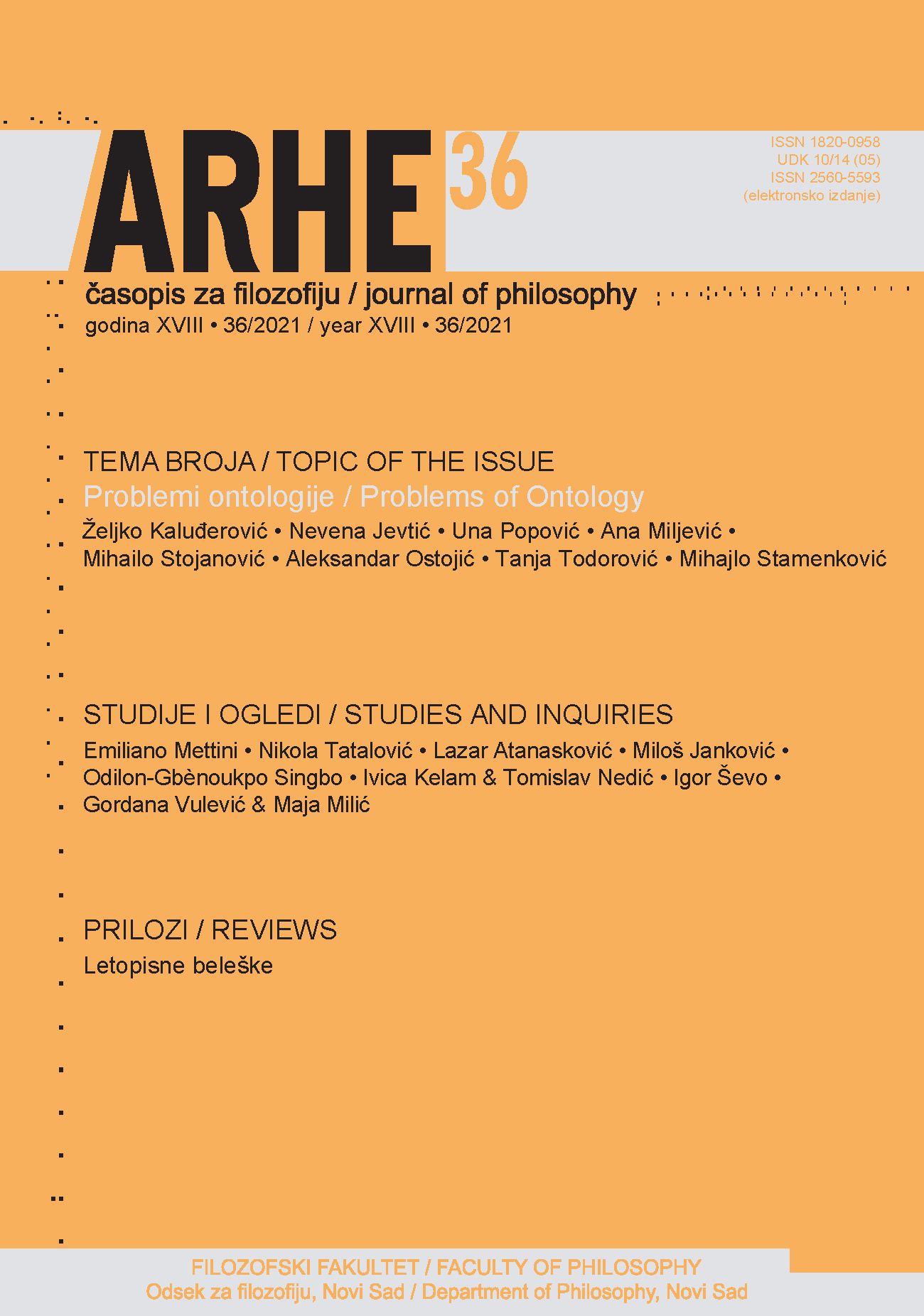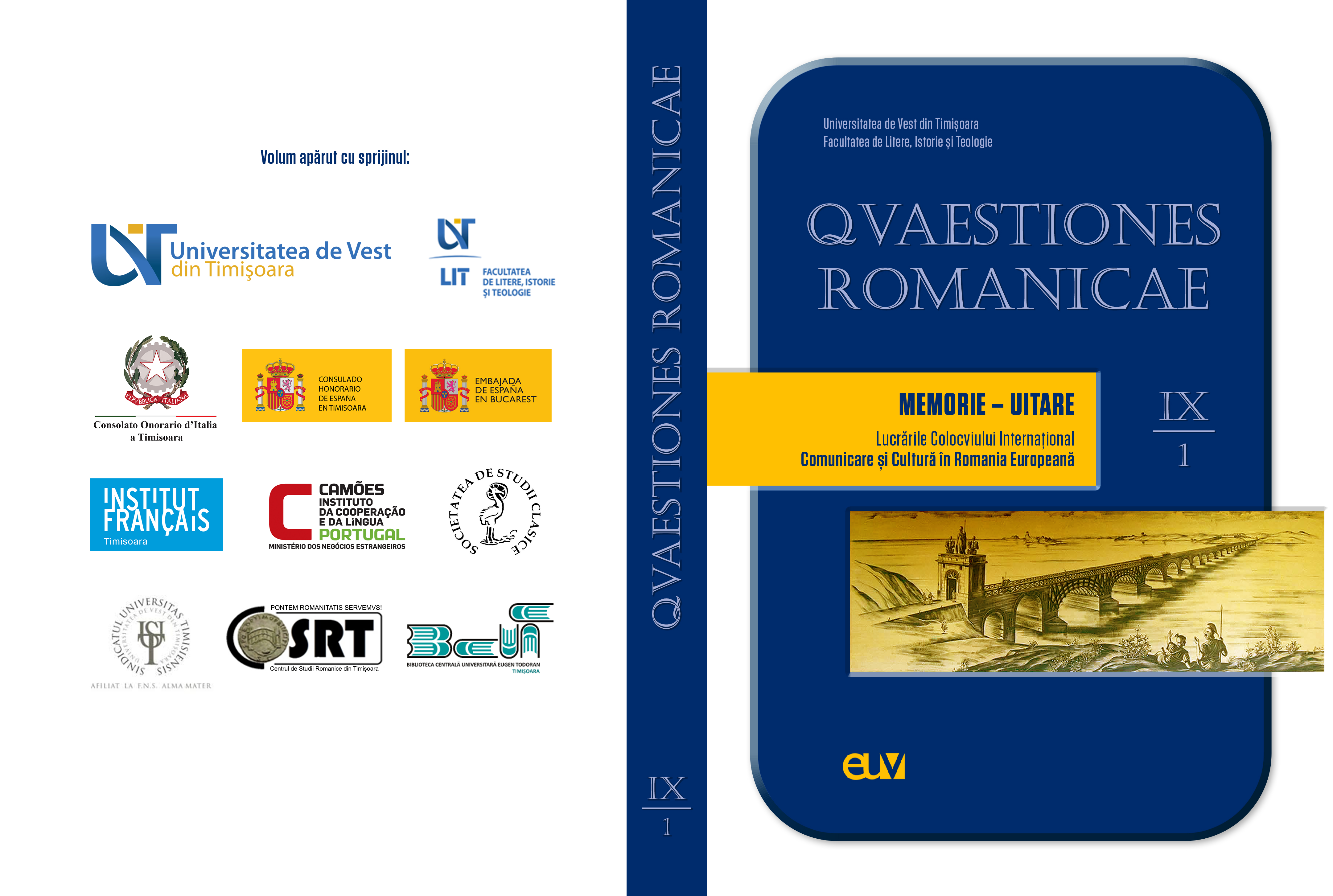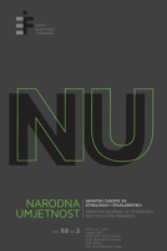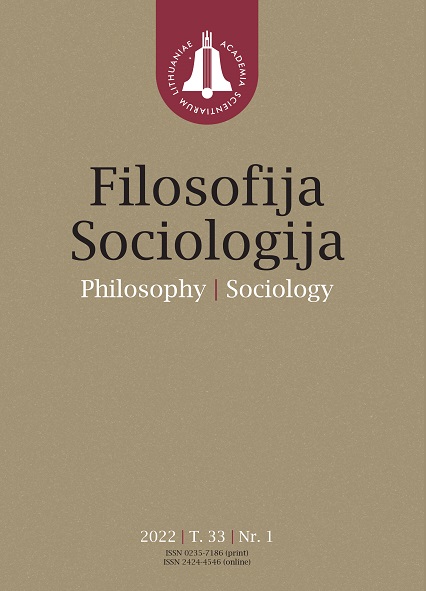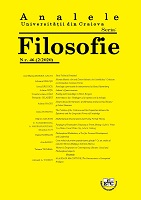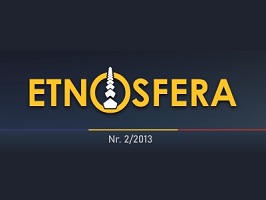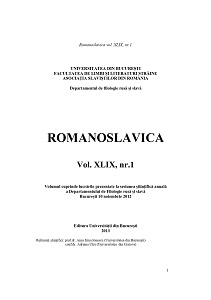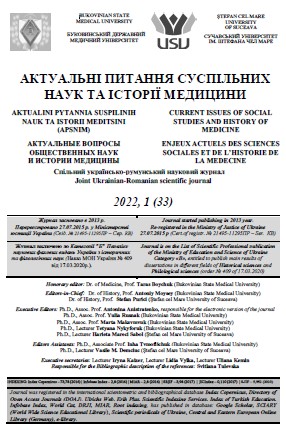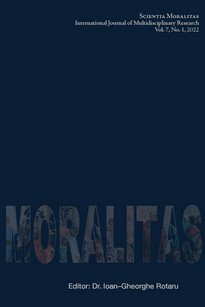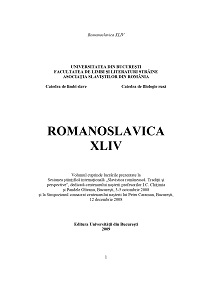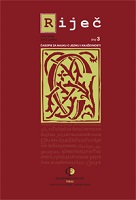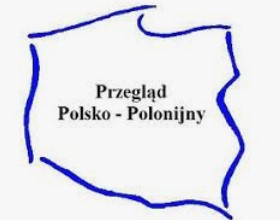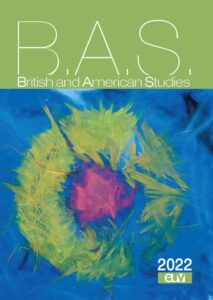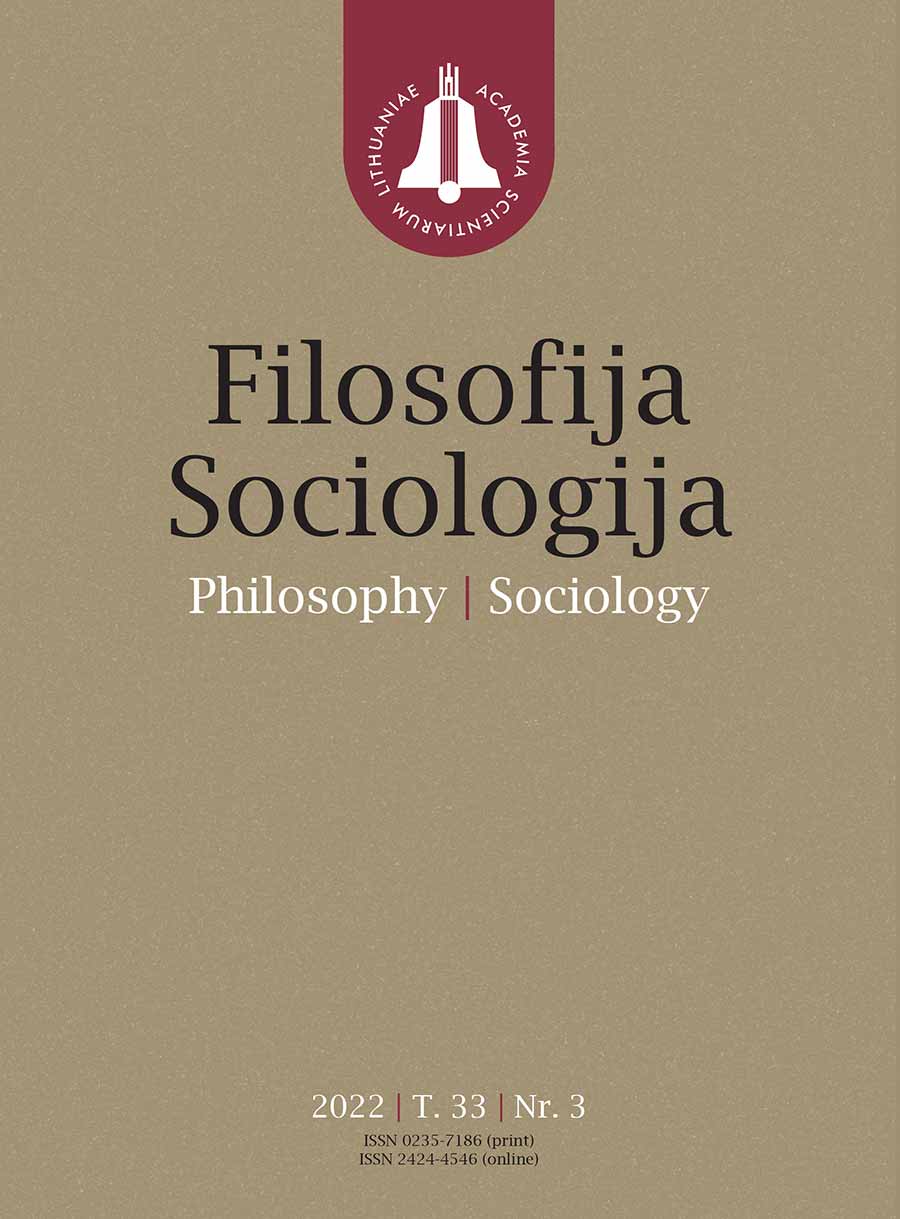Author(s): Natalia Rusnak / Language(s): Ukrainian
Issue: 1/2022
The basic dichotomy of ethnolinguistics language – culture involves the study of borrowed names that illustrate not only interlingual relations but also the historical progress of the nation. However, borrowed words are a linguistic reality that needs ontological comprehension. The purpose of the study is to analyze the linguistic status of borrowed names, such as: neologisms, exoticisms, barbarisms, makronіsms. Research methods. In the article as the main general scientific methods of analysis and synthesis are used, as well as linguistic – descriptive, structural and comparative and historical methods. Some borrowed words entered the literary language with a new meaning, as a result of semantic word formation “returned” words, so-called semantic neologisms: планшет, гімназія, ліцей, саркофаг, іконка, піраміда, хайп, ребрендинг, аватар. Currently, the Ukrainian language has a large number of borrowed words, mostly from English. Among them are the names of the person: бекпекер, грумер, хедлайнер, пранкер, хайкер, хейтер, аб’юзер, фоловер, юзер, стейкхолдер; words to denote abstract concepts: консьюмеризм, райдер, рейдер, тролінг, флейм, коучинг, булінг, мобінг, дисклеймер, дауншифтинг, бекстейдж, трейнсерфінг, харасмент, чайлдфрі. As a result of active use, many Englishisms lost the aura of “novelty” and became active in the Ukrainian lexicon: менеджмент, кліпмайкер, спонсор, логістика, масмедіа, саміт, екзитпол, електорат, екстрадиція, файл, твітер, хакер, фейк, блог, хештег, флаєр, ґаджет, брейкданс, фаєр шоу, хай-тек. Conclusions. Thus, the ontological status of borrowed names is determined by two factors – social and cultural. The social factor of this part of vocabulary causes the separation of a new branch of linguistics – neology, includes the question of the culture of Ukrainian speech. The culturological factor (intersection of national cultures) determines the status of borrowed names such as exoticisms, barbarisms and makronisms . There is a short line between exoticisms and barbarisms (transliterated).
More...
